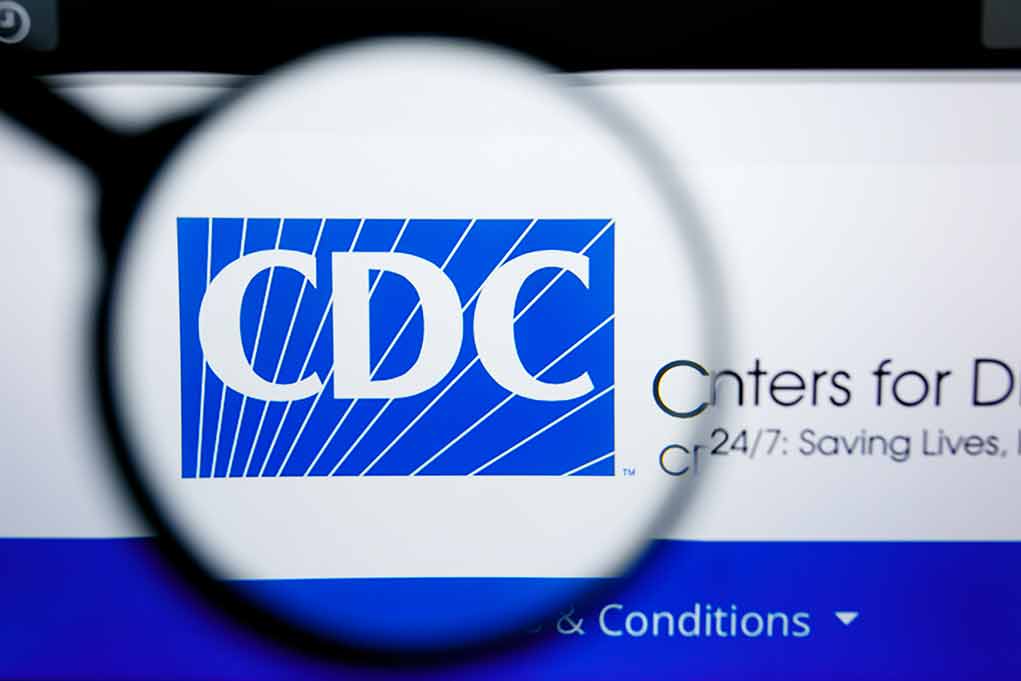
Robert F. Kennedy Jr. has terminated all 17 members of the CDC’s vaccine advisory committee due to “persistent conflicts of interest,” igniting a fierce debate between vaccine skeptics celebrating renewed transparency and medical organizations warning of potential risks to public health.
Key Takeaways
- Health Secretary Robert F. Kennedy Jr. has fired all 17 members of the CDC’s Advisory Committee on Immunization Practices (ACIP), citing conflicts of interest and describing the committee as “little more than a rubber stamp for any vaccine.”
- Kennedy aims to restore public trust in vaccine science through what he calls a “clean sweep” of the committee that has guided national vaccination policy since 1964.
- The ACIP significantly influences vaccine recommendations, the CDC’s vaccine schedule, and insurance coverage; a new committee will be appointed and meet from June 25-27 at CDC headquarters.
- The decision has faced criticism from medical organizations including the American Medical Association, who warn it could undermine vaccine confidence and public health efforts.
- This unprecedented action contradicts assurances Kennedy previously gave to Senator Bill Cassidy that the ACIP would continue without changes.
Kennedy’s Bold Action Against “Conflicts of Interest”
In a decisive and controversial move, Health and Human Services Secretary Robert F. Kennedy Jr. has removed all 17 members of the CDC’s Advisory Committee on Immunization Practices (ACIP), the influential panel responsible for making vaccine recommendations that impact millions of Americans. Kennedy justified the unprecedented action by claiming the committee has been compromised by industry connections and has failed to properly scrutinize vaccine safety, particularly for vulnerable populations like infants and pregnant women.
“The committee has been plagued with persistent conflicts of interest and has become little more than a rubber stamp for any vaccine. It has never recommended against a vaccine–even those later withdrawn for safety reasons. It has failed to scrutinize vaccine products given to babies and pregnant women,” stated Robert F. Kennedy Jr., Secretary of Health and Human Services.
Termination notices were sent to all committee members shortly after Kennedy’s announcement, with immediate effect. The notice read: “Per the June 9, 2025 directive from the Secretary of the U.S. Department of Health and Human Services, this email serves as a formal notice of your immediate termination as a member of the Advisory Committee on Immunization Practices (ACIP).” A new committee is scheduled to meet at CDC headquarters from June 25-27, though the identities of new appointees remain undisclosed.
Political Reaction and Broken Promises
Kennedy’s decision has generated significant controversy on Capitol Hill, particularly because it contradicts assurances he reportedly made during his confirmation process. Senator Bill Cassidy expressed surprise and concern about the decision, revealing that Kennedy had previously promised to maintain the committee without changes. The senator’s support for Kennedy’s confirmation was partially based on these assurances, raising questions about the Secretary’s credibility with lawmakers who supported his appointment.
“Of course, now the fear is that the ACIP will be filled up with people who know nothing about vaccines except suspicion. I’ve just spoken with Secretary Kennedy, and I’ll continue to talk with him to ensure this is not the case,” said Sen. Bill Cassidy.
Other lawmakers, including Senator Susan Collins, have also expressed concern about the wholesale dismissal of the committee. The political fallout highlights the tensions between Kennedy’s ambitious health reform agenda and congressional oversight. This move represents Kennedy’s most significant and controversial action since taking office, positioning vaccine policy at the center of the administration’s health priorities and testing its relationship with Congress.
Medical Community Pushback and Public Health Concerns
The American Medical Association and the Infectious Diseases Society of America have both condemned Kennedy’s decision, warning it could undermine public confidence in vaccines at a time when childhood vaccination rates have already declined. Medical experts argue that the abrupt removal of the entire committee disrupts a transparent process that has successfully guided national immunization policy for decades and saved countless lives through evidence-based recommendations.
“A clean sweep is needed to re-establish public confidence in vaccine science. The public must know that unbiased science–evaluated through a transparent process and insulated from conflicts of interest–guides the recommendations of our health agencies,” explained Robert F. Kennedy Jr., Secretary of Health and Human Services.
Public health officials warn that this disruption could have serious consequences, potentially leading to outbreaks of preventable diseases if vaccination rates continue to decline. Former ACIP members have defended the committee’s work, noting its rigorous scientific standards and transparent decision-making processes. They argue that Kennedy’s claims about conflicts of interest are unfounded and that the committee has consistently prioritized public health over industry interests in its recommendations.
The Future of Vaccine Policy Under Kennedy
As Kennedy prepares to appoint new members to the ACIP, questions abound regarding their qualifications and perspectives on vaccines. Critics fear that Kennedy, known for his skepticism of certain vaccines, may stack the committee with individuals who share his views rather than those with strong backgrounds in immunology, infectious disease, and public health. The composition of the new committee will significantly influence national vaccine recommendations and, by extension, vaccination rates across the country.
Kennedy has stated that “the new committee will prioritize public health and evidence-based medicine and will no longer function as a rubber stamp for industry profit-taking agendas.” This reform represents a fundamental shift in how vaccine recommendations are developed at the federal level, potentially affecting everything from childhood immunization schedules to adult vaccination guidelines. The medical community and public health advocates will be watching closely as the new committee takes shape, concerned about the implications for disease prevention efforts nationwide.











